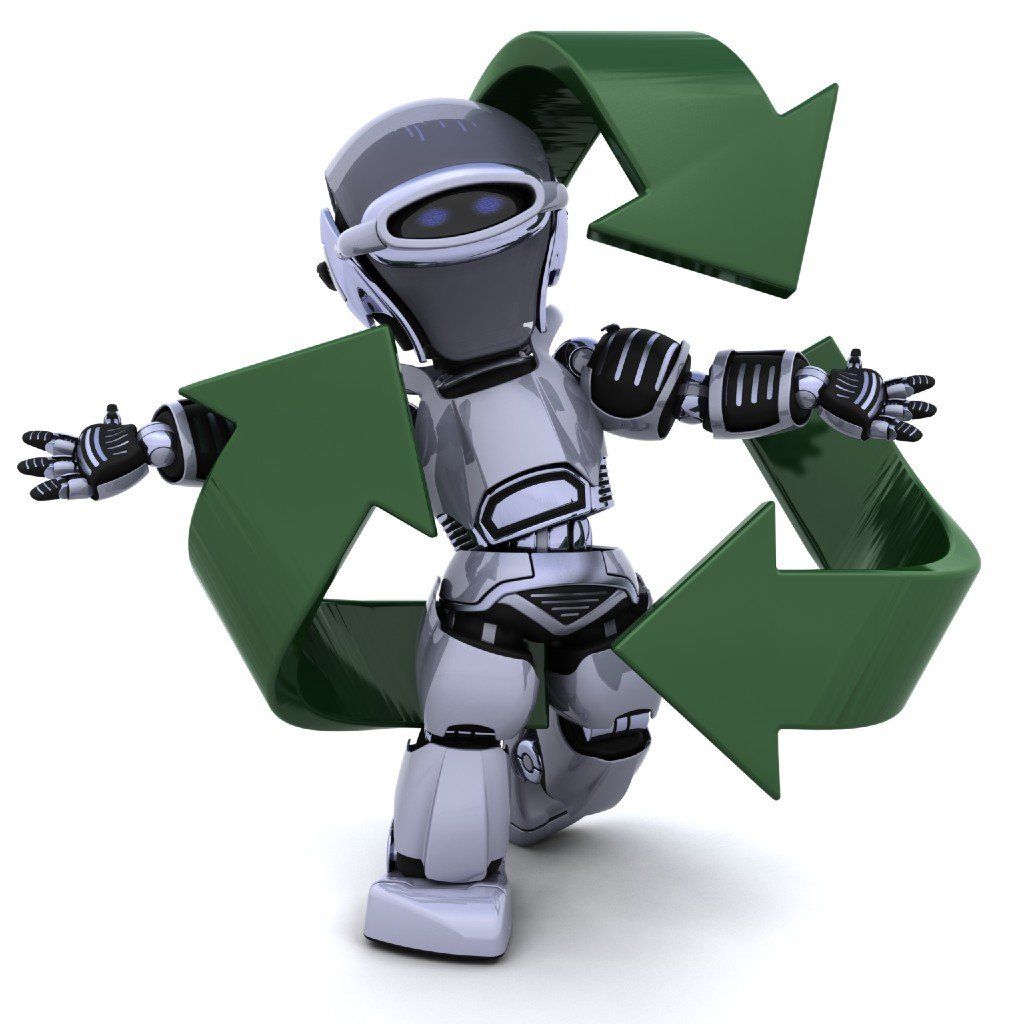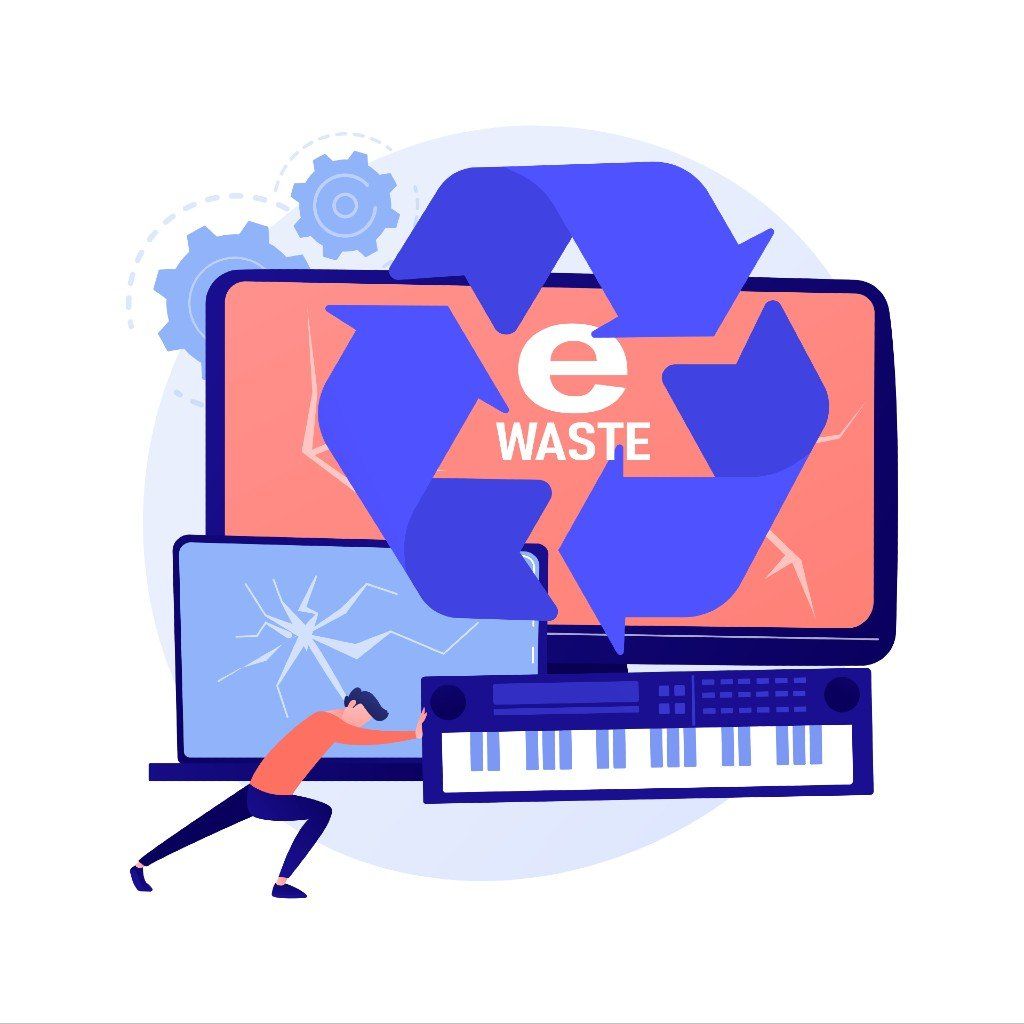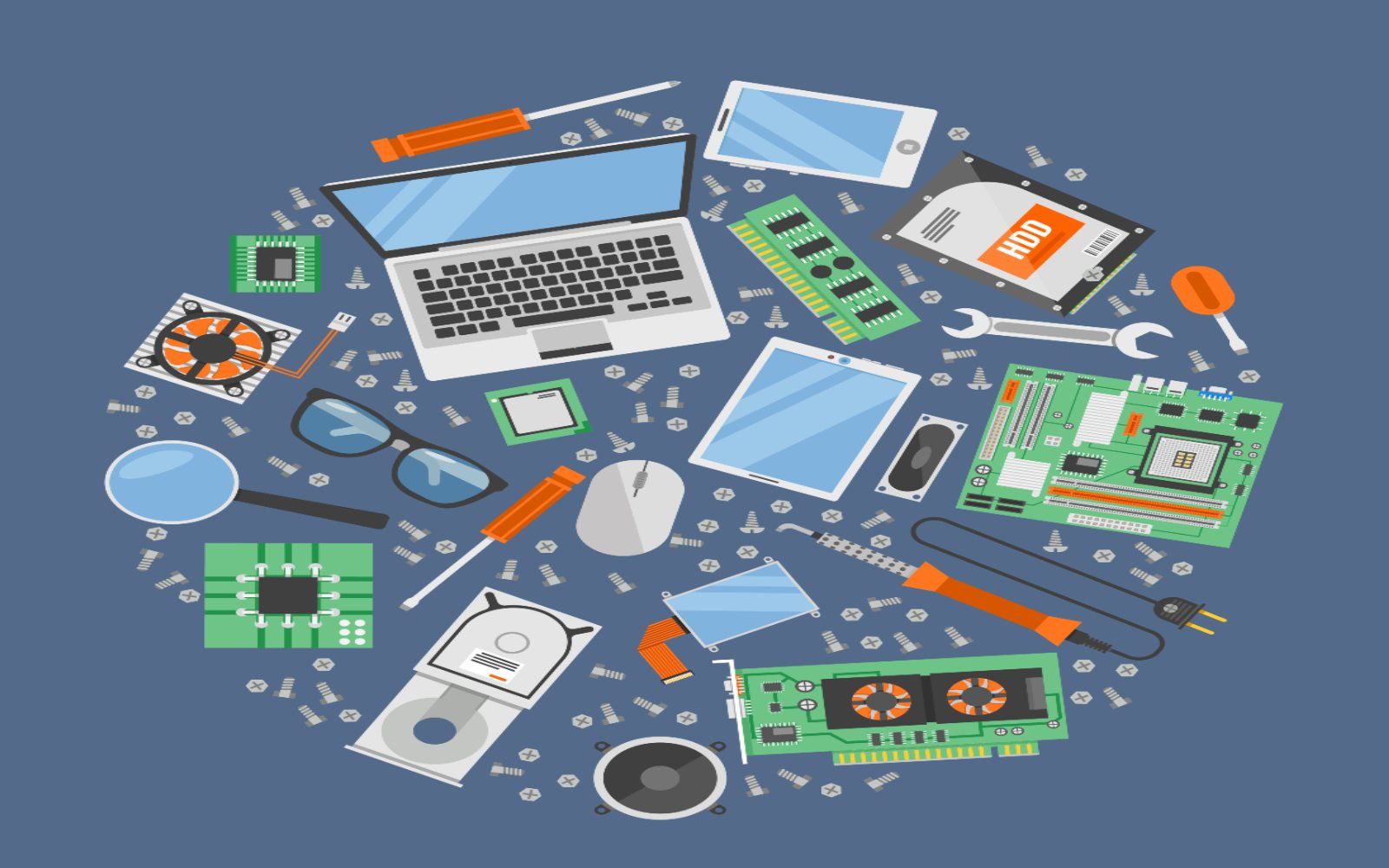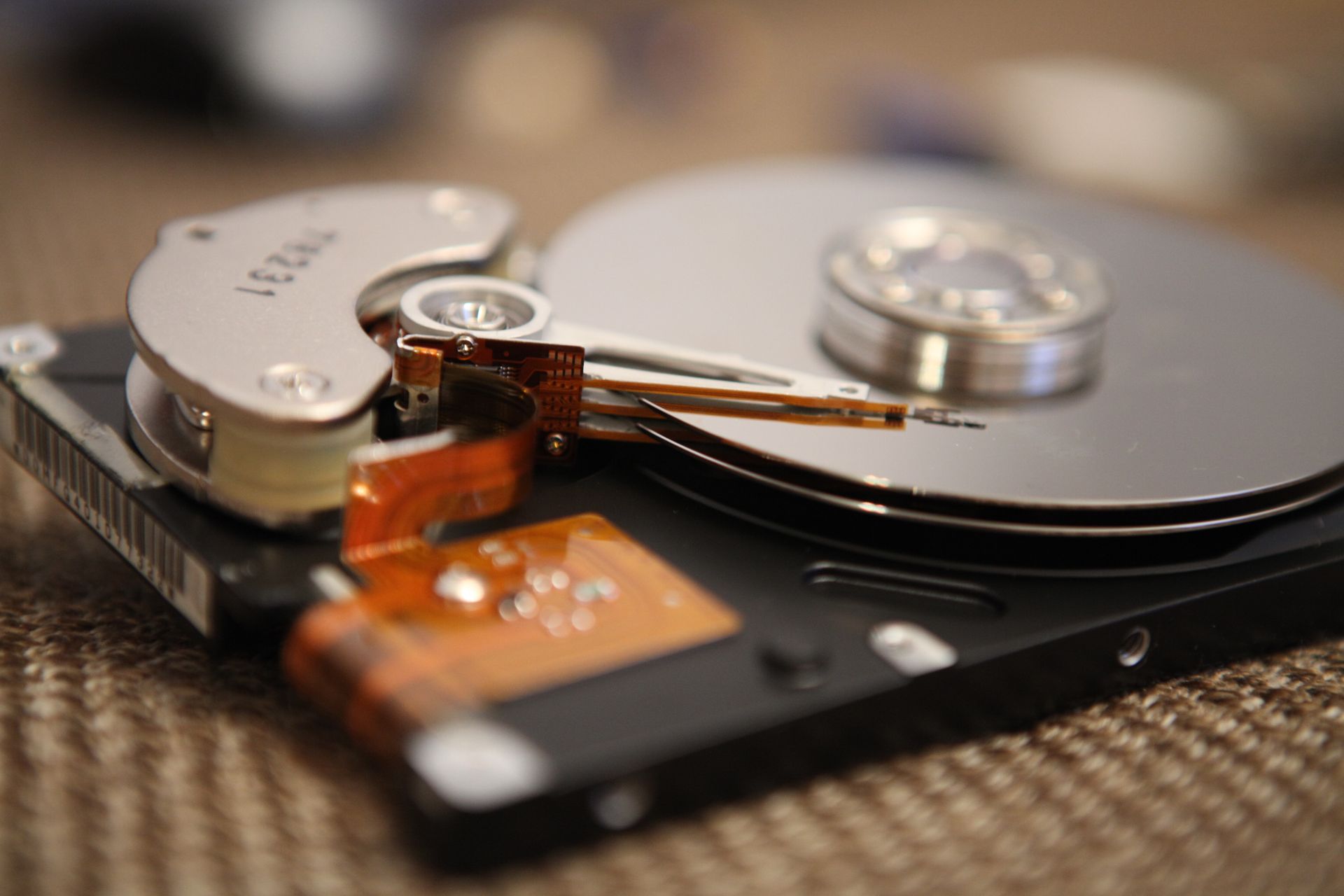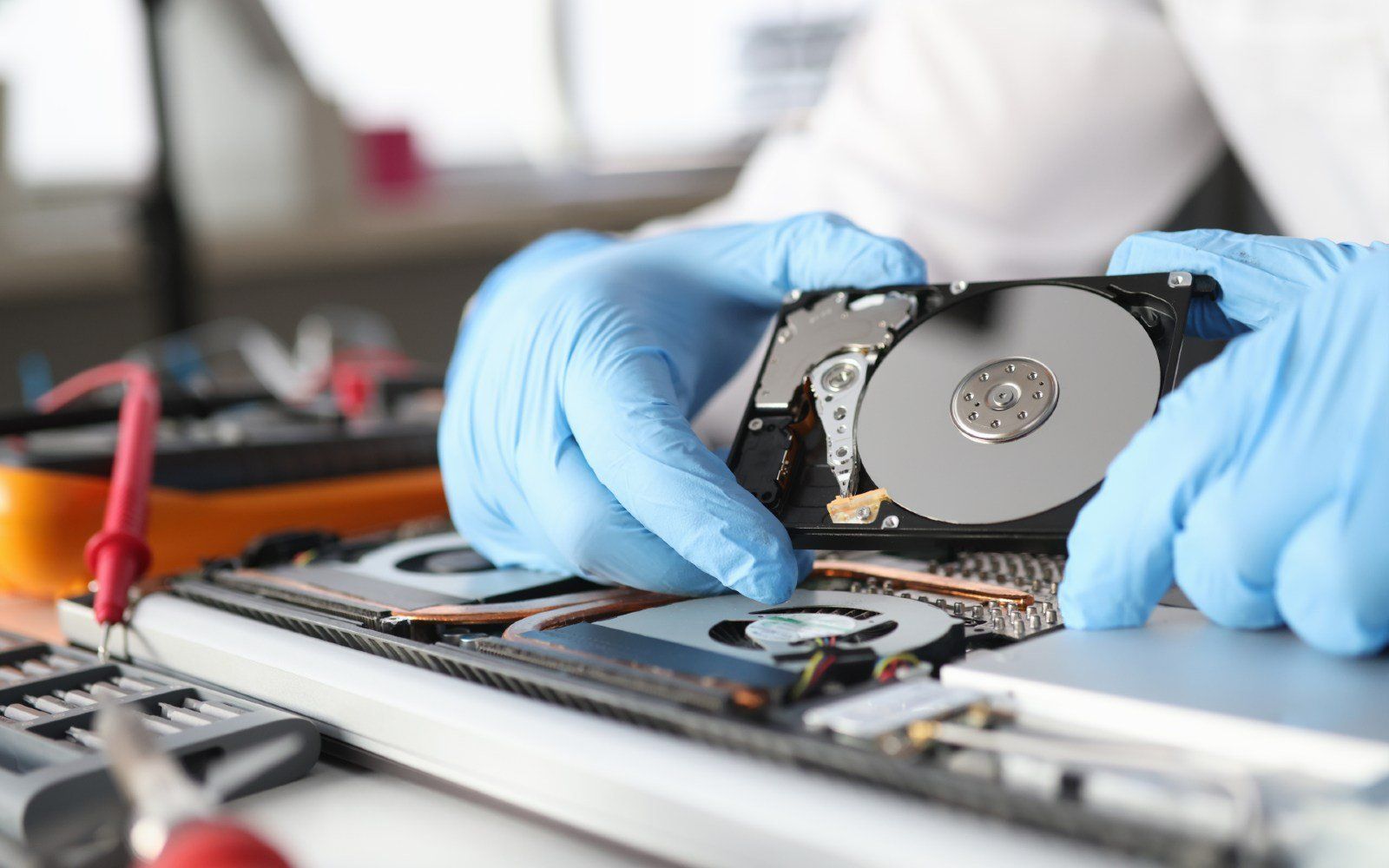How Essential Are Ethical Electronics Recycling Practices Now?
Ethical electronics recycling is a controversial topic nowadays. With how fast technology is evolving, companies roll out more and more new devices every year. This fact only means that people discard old devices by the day when they are no longer useful. And with not enough recycling mechanisms, the dilemma of where to dispose of e-waste correctly continues to grow as a problem.
Now, simple electronics recycling is not enough. And simply dumping e-waste can have dire consequences, not only on the environment but also on other living things that thrive on natural resources. To fix this problem, first, we have to understand how electronics recycling works and how current waste management practices need an overhaul. Read on why we need more ethical electronics recycling practices today.
The State of Electronics Recycling Today
E-waste compromises about 8% of global municipal waste annually. This number translates to around 50 million tons and is one of the fastest-growing sources of waste. In the US alone, the population throws out around 130,000 every day, while over 1 million cell phones are dumped annually. Greenpeace, an environmental organization, reports that 20 to 50 million tons of e-waste are generated each year.
Also, the numbers above don’t count for e-waste not disposed of correctly, i.e., e-waste not taken to proper waste management facilities. A considerable amount of e-waste ships off to third-world countries like the Philippines, Pakistan, and Vietnam as second hand electronics for disassembling. While disassembling salvages usable parts for further use, it also poses an immediate risk to the workers by exposing them to dangerous chemicals like mercury and lead.
The lack of ethical electronics recycling problem still occurs due to improper waste segregation, mislabeling such as “donation” or “scraps” instead of e-waste. Illegal waste disposal is also a factor, with developing countries being the prime target for these harmful practices. Countries that are not adequately equipped to deal with e-waste resort to other means, including merely scrapping them out or only extracting valuable components from the e-waste.
In this case, not only are workers exposed to harmful chemicals as stated above but they also directly contribute to severe environmental damage without the aid of necessary e-waste management flow and equipment. These environmental repercussions can include the land, soil, and even air in the surrounding areas. Although there have been steps to reverse these destructive processes, there are still some factors about e-waste that are not usually discussed in waste management planning.
Part of the reason why the e-waste problem continues is that e-waste is a source of income for impoverished countries. This socio-economic dilemma keeps ethical electronics recycling policies from evolving, as people on the lower end of the spectrum benefit from e-waste by either smelting them or selling them in local markets for easy profit. However, this opens up avenues for other problems like child labor, as most e-waste is often found in dumpsters and junkyards, where poverty-stricken communities thrive. So as long as there is financial inequity, these e-waste problems will continue to rise again, regardless of waste management policies.
Recognizing these current problems calls for an intense need for smart, ethical electronics recycling practices that can help reduce piles of e-waste without harming people and the environment. In clamoring for a more healthy waste management process, we should weigh each ethical electronics recycling practice’s pros and cons and how to choose the right one. It is also worth noting that this dilemma does not lie with waste management alone, as it involves a bigger picture--one that encompasses the industrial, financial, and ethical aspects in the correct disposal of e-waste.
Ethical Electronics Recycling in Action
We can’t fix the current e-waste problem overnight. We also cannot rely on a one-size-fits-all solution that will make this electronic crisis disappear. What we can do right now is start on sustainable waste management practices, like ethical electronics recycling.
In terms of current ethical electronics recycling practices, we can look at the Santa Clara University in California. The university has a sustainability program concerning e-waste that functions under what they call the “Three C’s” which are:
Competence
Fixing the current e-waste problem requires knowledge and action. It all starts with learning about e-waste, electronics recycling, and why there is a need for ethical electronics recycling practices for waste management. Once we are informed about the problem, we can start to address the more prominent issues on e-waste.
Conscience
Ethical electronics recycling is not all black-and-white, meaning it is not a mere solution to a problem. Why we need runs on a much deeper level, one that takes into account how our daily lifestyles today impact the environment. Being conscious of one’s environmental footprint is essential in ethical electronics recycling, as we learn to recognize that what we do plays a role towards a much larger goal than ourselves.
Compassion
The saying “every man for himself” cannot apply when it comes to ethical electronics recycling. Ultimately, how we handle e-waste concerns everyone as it affects our planet on a global scale. It is not enough that one person is doing his part; each person must contribute to make a sizable difference. We must involve the whole population to pitch in an effort. And this includes caring for the communities suffering from the brunt of the negative impact of improper e-waste management.
How You Can Start At Home
Now that we know how e-waste is becoming a massive problem, what can we do about it? There are several ways to start ethical electronics recycling now, at the comfort of your one’s home. Minimizing e-waste can occur at every stage of a product’s usable life. Here are some ways how:
Reducing
E-waste always starts off as an electronics purchase for a particular need or demand. We can fight the accumulation of e-waste by being more conscious about buying our electronics. With fewer electronics in use, the easier it is to segregate the amount of e-waste dumped in landfills and junkyards. Included in this is also being smart about which brands to buy from; supporting companies with sustainable end-of-life asset management procedures will usually help in this regard.
Working towards ethical electronics recycling does not always mean starting with how to dispose of e-waste, as managing e-waste begins at the point of purchase.
Repairing
A 2011 study reported that around 23 percent of disposed of electric goods could have been rescued with repairs. Merely disposing of electronics due to small defects or errors is an unhealthy practice for environmental sustainability. An alternative to recycling is through repairing broken electronics for further use. While repairs are not a quick fix to this problem, it certainly helps to reduce the electronics disposal rate for a smoother e-waste management process.
Recycling
Of course, once electronics have been expended to the fullest length, recycling is the only option. Because of the hazardous materials in electronics, dumping them in an ordinary trash bin is not an option. Taking them to a proper recycler is the right choice as it reduces the e-waste environmental damage and health hazards encountered.
Trying to recycle electronics on your own is a risky process; without the proper procedures and certification, you could end up causing more harm than good. Usually, most large electronics corporations accept electronics for recycling. But when it comes to ethical electronics recycling, bringing used electronics to dedicated electronics disposal companies is most recommended. In this way, you are secure that you have responsibly disposed of your used electronics.
Go Ethical With Abtron!
The innovation of new technology has taken us to new heights, and it will continue to bring us higher as our tech improves. However, we have an ethical responsibility to our environment and to fellow people in minimizing the amount of e-waste resulting from our innovations. Merely being aware of it helps, but it is not enough. We have to act now and act fast to reduce the continuous degradation of the planet. And formulating ethical electronics recycling processes is an excellent place to start.
Bringing old electronics to an e-waste recycling facility is one way you could do this. The key is to find the right one where electronics recycling is not only efficient but ethical. Abtron specializes in IT asset disposal services, ensuring that your old electronics are disposed of correctly. Part of this process includes Secure Data Destruction, which destroys all sensitive information from your device without compromising privacy. Contact us today at https://www.abtron.com/!
Get a Free Quote Today!
Navigation :
Abtron Computer Services™. All Rights Reserved.
Powered by nerDigital


